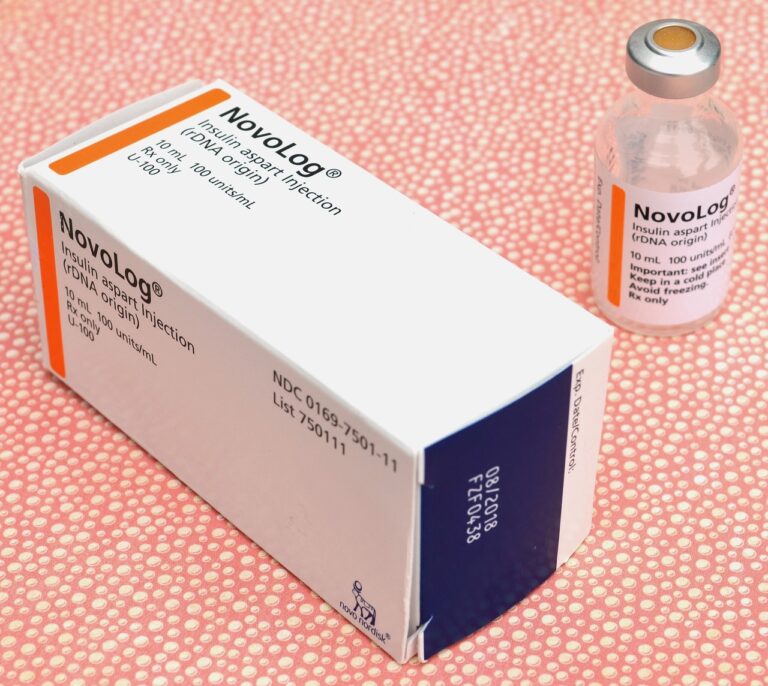Exploring the Gut-Brain Connection
The gut plays a pivotal role in maintaining overall health and well-being. Often referred to as the body’s “second brain,” the gut is home to trillions of microorganisms that contribute to digestion, immune function, and nutrient absorption. Maintaining a healthy gut flora is essential for proper digestion and can also impact various aspects of physical health.
Furthermore, a balanced gut microbiome has been linked to numerous health benefits, including improved mood, reduced inflammation, and better immune function. Research suggests that an imbalance in gut bacteria, known as dysbiosis, may contribute to a range of health issues, such as irritable bowel syndrome, depression, and anxiety. By prioritizing gut health through a balanced diet rich in fiber, prebiotics, and probiotics, individuals can support the diversity of their gut microbiota and promote overall well-being.
How Our Gut Impacts Our Mental Health
Recent research has shed light on the intricate connection between our gut health and mental well-being. The gut is home to trillions of microbes that play a crucial role in producing neurochemicals that impact our mood, stress response, and cognition. When the balance of these microbes is disrupted, it can lead to mental health issues such as anxiety and depression.
Furthermore, the gut-brain axis allows for bidirectional communication between the gut and the brain. This means that disturbances in the gut can send signals to the brain, influencing our mental state. Studies have found that interventions aimed at improving gut health, such as probiotics and dietary changes, can have a positive impact on mental health conditions. Understanding and nurturing our gut health is essential for maintaining optimal mental well-being.
The Role of Microbiota in Gut-Brain Communication
The microbiota in our gut play a crucial role in the communication between our gut and brain. These trillions of microorganisms living in our digestive tract are involved in a complex network of signals that influence our overall health and well-being. Research has shown that the gut microbiota can produce neurotransmitters, such as serotonin and dopamine, which are known to have a significant impact on our mood and mental health.
Furthermore, the gut microbiota can also influence the immune system and inflammation levels in the body, which in turn can affect brain function. Studies have indicated that an imbalance in the gut microbiota, known as dysbiosis, may be linked to various neurological disorders, including anxiety, depression, and even neurodegenerative diseases like Alzheimer’s and Parkinson’s. Understanding the intricate relationship between the microbiota in our gut and our brain could lead to novel therapeutic approaches for mental health conditions in the future.
What is gut health and why is it important?
Gut health refers to the balance of microorganisms that live in our digestive tract. It is important because these microorganisms play a crucial role in digestion, nutrient absorption, and overall immune function.
How does our gut health impact our mental health?
Research has shown that the gut-brain axis plays a key role in regulating stress, anxiety, and mood. An imbalance in gut microbiota can lead to mental health issues such as depression and anxiety.
What is the role of microbiota in gut-brain communication?
Microbiota in the gut produce neurotransmitters and other signaling molecules that can affect brain function. They also play a role in regulating inflammation and immune response, which can impact brain health.
How can we improve our gut health?
To improve gut health, it is important to eat a balanced diet rich in fiber, probiotics, and prebiotics. Managing stress, getting enough sleep, and staying hydrated are also important factors in maintaining a healthy gut.







